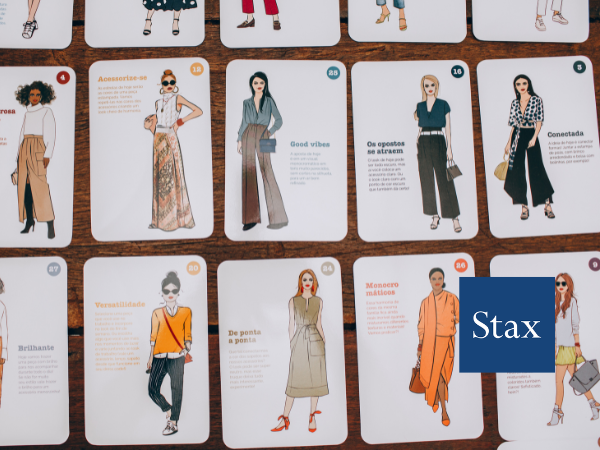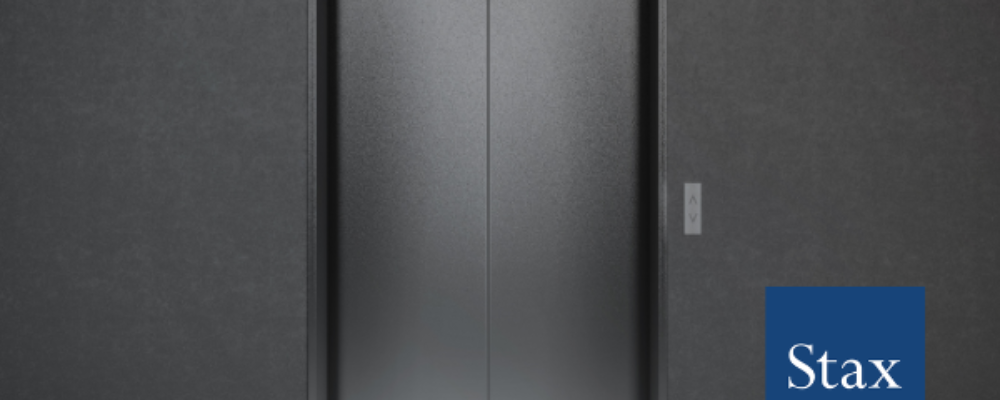
Examples of Companies Using AI –
Countless companies within the fashion industry have eagerly adopted AI to refine their products, services, and overall operations. These examples acutely demonstrate the seamless integration of AI across various dimensions in fashion, spanning from personalized styling and virtual shopping assistants to cutting-edge product design and the automation of retail processes:
H&M:
Incorporating AI in its recommendation engines, H&M provides personalized product suggestions to online shoppers, enhancing the online shopping experience.
Zara:
AI utilized in their supply chain optimizes production schedules and inventory levels, allowing Zara to respond quickly to fashion trends and customer preferences.
Adidas:
AI is used to craft intricate lattice structures in their shoe designs. This not only enhances overall performance but also introduces innovative elements, elevating the brand’s product offerings to new heights of sophistication and functionality.
ASOS:
AI-driven visual search technology is used to optimize the user experience in product discovery. This feature allows customers to effortlessly find products by uploading images or screenshots, significantly enhancing the efficiency of the search and selection process.
Industry Trends: Shaping the Future of Fashion with AI
As the fashion industry progresses alongside technological advancements, numerous emerging trends highlight the profound impact of AI in reshaping its landscape:
AI in Augmented Reality (AR) for Virtual Try-Ons
AI algorithms can analyze body shapes, sizes, and movement patterns, enabling users to visualize how clothing items will fit and look in real-time. While enhancing the online shopping experience, virtual try-ons also reduce the likelihood of returns by improving the accuracy of size and style predictions.
Personalized Fashion Advisors
Trends indicate the emergence of AI-driven personalized fashion advisors that provide users with extensive and interactive style guidance. These advisors go beyond analyzing past purchases and preferences; they also incorporate real-time elements like ongoing fashion trends and social influences, delivering tailored and up-to-the-minute fashion advice to users.
Sustainability Analytics
With an increasing emphasis on sustainability, AI is anticipated to play a pivotal role in sustainability analytics within the fashion industry. AI algorithms will scrutinize the environmental impact of materials, production processes, and supply chain practices, assisting brands in making eco-conscious decisions.
AI-Enhanced Customer Service
AI-powered chatbots and virtual assistants are expected to become more sophisticated, offering customers an elevated level of assistance and engagement. Future trends suggest the integration of natural language processing and advanced AI algorithms, enabling these virtual entities to comprehend nuanced customer inquiries, provide personalized recommendations, and even assist in the resolution of complex fashion-related queries.
“Stax Consulting is a global strategy consulting firm providing actionable, data-driven answers to clients’ critical strategic questions.”
Please visit the firm link to site





